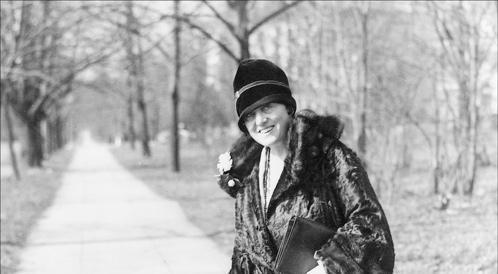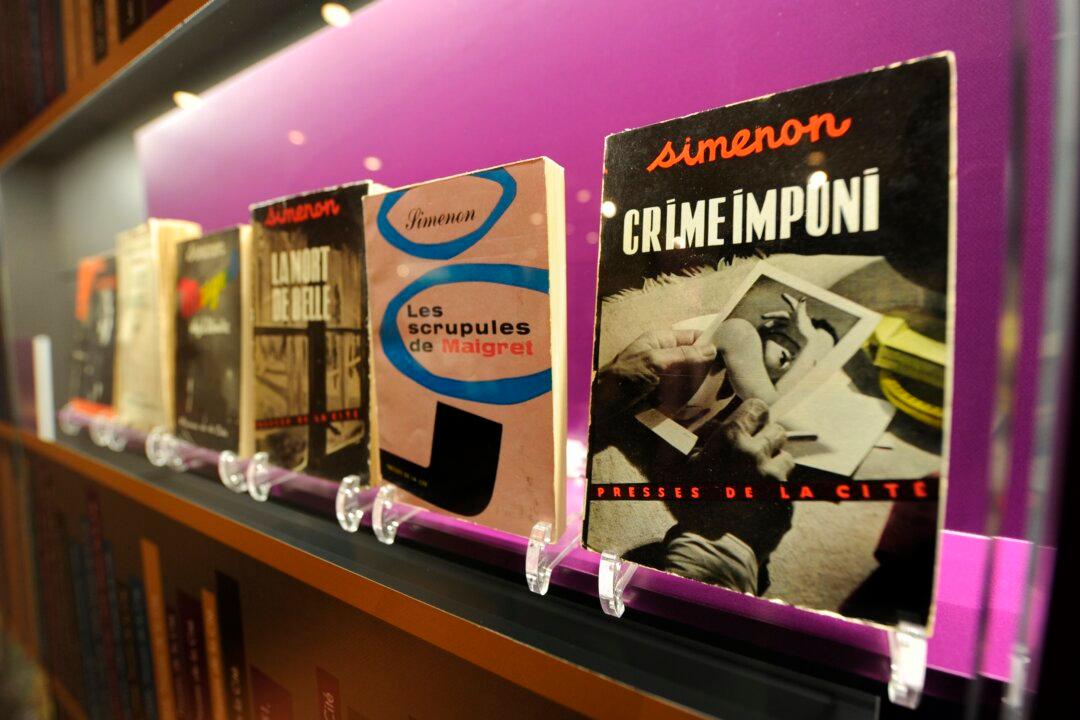When British journalist Gilbert Keith (G.K.) Chesterton began writing his Father Brown detective stories around 1910, the genre was dominated by Sir Arthur Conan Doyle and his seminal creation, Sherlock Holmes.
The character of Holmes, which remains prominent today in the form of hit television shows, movies, and a million pastiches and homages, was the quintessential thinking machine and walking computer. Doyle’s “tales of ratiocination” (to borrow a phrase from Edgar Allan Poe, the inventor of the modern detective tale) uphold the scientific method and rationality as the primary components of any criminal investigation. All other elements are discarded in favor of pure calculation. In “The Adventure of the Sussex Vampire” (1924), Holmes makes clear his disdain for the supernatural or anything other than rational when he quips, “The world is big enough for us. No ghosts need apply.”





